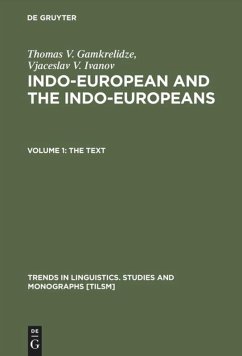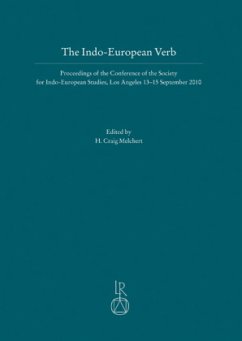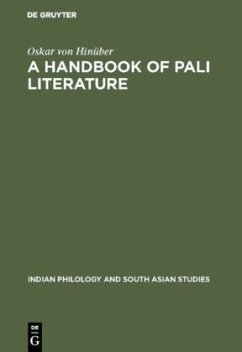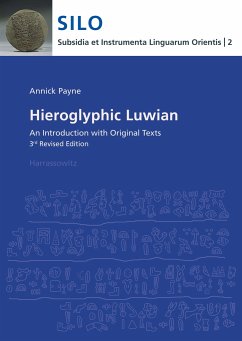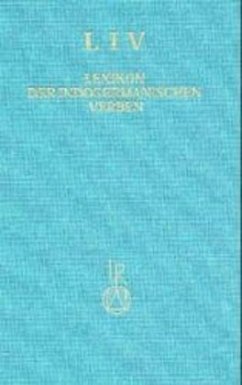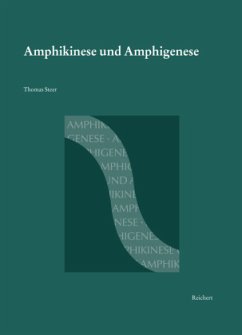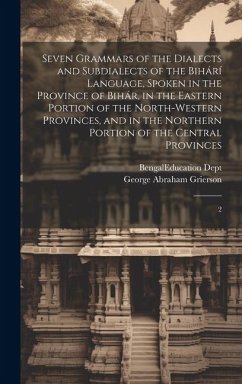
Indo-Aryan and the Linguistic History and Prehistory of North India
Versandkostenfrei!
Sofort lieferbar
105,99 €
inkl. MwSt.

PAYBACK Punkte
53 °P sammeln!
The book offers a new perspective on the emergence and spread of Indo-Aryan in North India. Based on the analysis of more than 200 Indo-Aryan languages and dialects, it proves that there was more than just one immigration of Indo-Aryan speakers to North India. This left clear marks on the modern Indo-Aryan languages. When the Vedic-speaking Indo-Aryans arrived in northern India, there were already speakers of other Indo-Aryan dialects that were slightly more archaic than Vedic. Traces of these somewhat more archaic dialects are mainly found in peripheral Indo-Aryan languages between the Himala...
The book offers a new perspective on the emergence and spread of Indo-Aryan in North India. Based on the analysis of more than 200 Indo-Aryan languages and dialects, it proves that there was more than just one immigration of Indo-Aryan speakers to North India. This left clear marks on the modern Indo-Aryan languages. When the Vedic-speaking Indo-Aryans arrived in northern India, there were already speakers of other Indo-Aryan dialects that were slightly more archaic than Vedic. Traces of these somewhat more archaic dialects are mainly found in peripheral Indo-Aryan languages between the Himalayas and the Hindu Kush. They are therefore called outer languages, while the descendants of Vedic and Classical Sanskrit (e.g. Pali and Hindi) are called inner languages. Outer and inner languages differ not only in terms of archaicity, but they have also developed differently, especially in phonology. The book also addresses the question of the linguistic situation in North India before thearrival of the first Indo-Aryans. Again, it is these peripheral languages, albeit along with many small Tibeto-Burmese Himalayan languages, that have preserved the richest linguistic data showing that prehistoric North India was dominated by Austro-Asiatic languages before the arrival of the Indo-Aryans.



